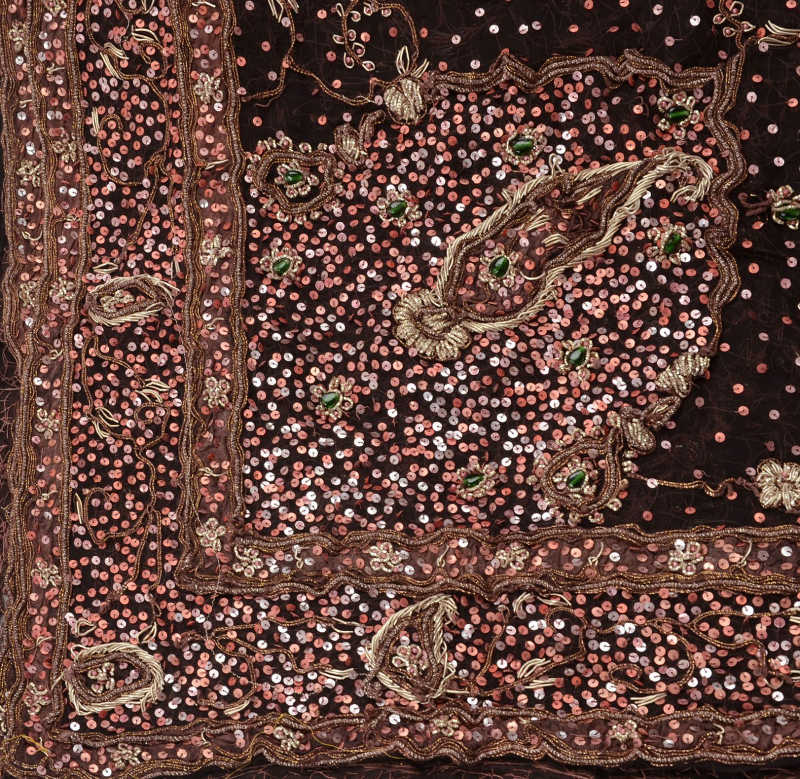===
0944,
2
===

=== |
 |
muhlat : 'Delay, putting off, deferring, retarding; respite, time, leisure; a delay granted for an appointed time or term'. (Steingass p.1355)
intiz̤ār : 'Expecting, waiting (anxiously); looking out; expectation; expectancy: — intiz:ār dekhnā , To be on the watch or look-out (for)'. (Platts p.87)
kuchh : 'Something, somewhat, anything, aught; some, any; a little, a few; ever so little; whatever; in any manner or degree'. (Platts p.819)
FWP:
SETS
MOTIFS
NAMES
TERMS == OPENING-VERSEOn the meaning of ḥusn-e mat̤laʿ , see {930,01}.
The connection between dekho and intiz̤ār is of course not just that they are used together, but also that the root of intiz̤ār is naz̤ar , so that it means 'to wait for' because it literally means 'to look out for, to watch for'.
Compare Ghalib's more passionate equation between life and waiting:
G{20,1}.